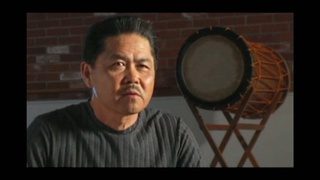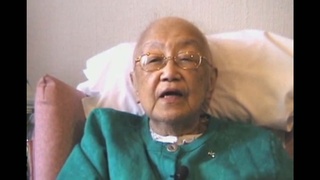Interviews
Leaving for the States without telling my parents (Japanese)
(Japanese) It was 1992, so about 15 years ago I first came to this country. I think my father came from a very, very traditional Japanese household. So of course he doesn’t cook, and he’s the type of person who would tell my mother, “Hey, bring it over,” when he needed an ash tray. He wanted me to become happily married with a Japanese man through an arranged marriage, but I didn’t let it turn out that way, so I bet he was really, really angry with me. So mad that I couldn’t even talk to him. My mother used to teach at a junior high school. And even though my mother does have a strong personality, she’s not the type of person who would talk back to my father like I would. She just keeps quiet and bears through it. I see that as one of her strengths. Anyway, it’s funny when I think about it now, but I secretly prepared for my departure, not telling anybody until the very last minute; I sent a letter to my parents from the airport, telling them that I was leaving for America. Honestly, it was like I ran away from home. I’m sure my parents were shocked [laughs]. But I don’t think I would’ve been able to make it over here had I not done something drastic like that.
Date: March 1, 2007
Location: California, US
Interviewer: Yoko Nishimura
Contributed by: Watase Media Arts Center, Japanese American National Museum












